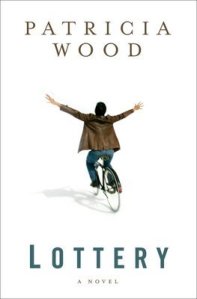When it comes to your fiction, have you ever wondered what you’d do if you won a $150 million lottery?

Today I stopped at the grocery store to buy yogurt. A teenager (pink rubberbands on her braces and, like, green eyes) with a dog carrier caught my eye. We got to talking about her pup, a Japanese Chin.
I was about to ask the pink-banded one if her dog also dances up on its hind legs, when a growing line of people visible over the girl’s shoulder distracted me further. Apparently, Powerball is up to $150+ million and people are buying tickets big-time.

It took me an inordinately long time to decide on the yogurt. In the midst of all-important considerations — strawberry-flavored or vanilla? lowfat okay since there are no nonfats? what, now there’s yogurt with added fiber? — I couldn’t help wondering what I’d do if I won the lottery.
Just how much of a novelist do I think I am anyhow?
Would I live a well-invested life of bling and leisure, happily dabbling at writing, no pressure to publish, no need to see my words in print?
Or, would I self-publish because I’d have the money to hire excellent editors, copyeditors, designers, marketers and publicists?
Or, would I take 20 years to write one masterpiece, get it out there, and call it a day?
I like to think that I wouldn’t change when it comes to my fiction, but I don’t know that for sure. Writing might be a totally different experience when you don’t have to worry about growing a career.
It’s that nasty word “career” that adds a level of urgency to the equation and has me wondering what my writing would turn into if I didn’t have to earn a living.
(P.S. Didn’t buy a Powerball ticket.)

